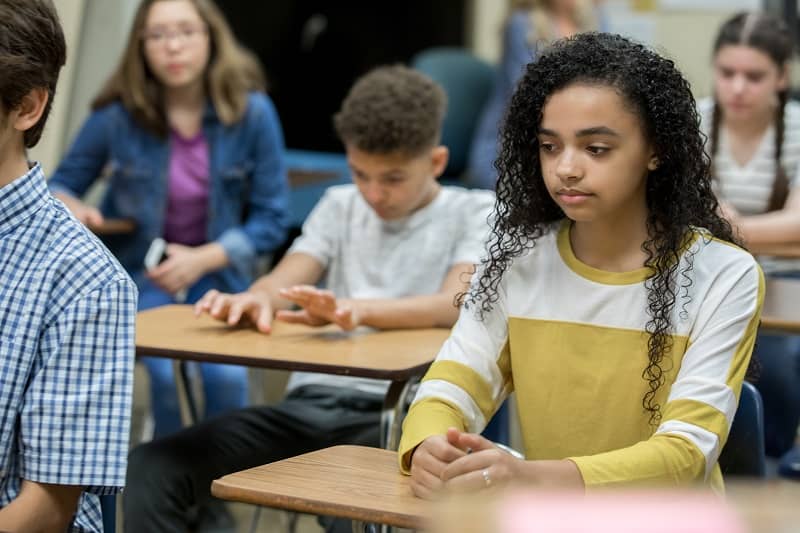

The mix of traditional school closures, charter school openings, and transfers out of neighborhood schools in Portland is prompting some serious debate about school choice. The district has now surveyed transferring students and found that very few did so because they were dissatisfied with their neighborhood schools. Many simply wanted other choices, like special programs not offered close to home.
But is Portland’s relatively liberal transfer policy undermining some neighborhood schools like Jefferson High School? Critics argue that neighborhood schools should not be cannibalizing one another, and that the transfer policy favors students whose families have means and the know-how to navigate the process.
Transfer supporters argue that allowing kids to move freely among district schools is the best way to keep families in the public school system. Otherwise, they fear that many might opt for private schools, which won’t do the district any good, either.
Unfortunately, transfer critics and supporters alike seem focused on the wrong goals. Both sides seem to want what’s best for the school district, instead of wanting what’s best for children and families.
Whether certain brick school buildings are helped or hurt by the transfer policy should take a distant second place to whether individual children have access to the best educational options for them. Those best options may be in a neighborhood public school, a public school in some other neighborhood, or a private school.
Until our public education system focuses on what’s best for individual students rather than what’s best for the district and its employees, the school choice debate will stay heated, and it should.
© 2007, Cascade Policy Institute. All rights reserved. Permission to reprint in whole or in part is hereby granted, provided the author and Cascade Policy Institute are cited. Contact Cascade at (503) 242-0900 to arrange print or broadcast interviews on this topic. For more topics visit the QuickPoint! archive.











